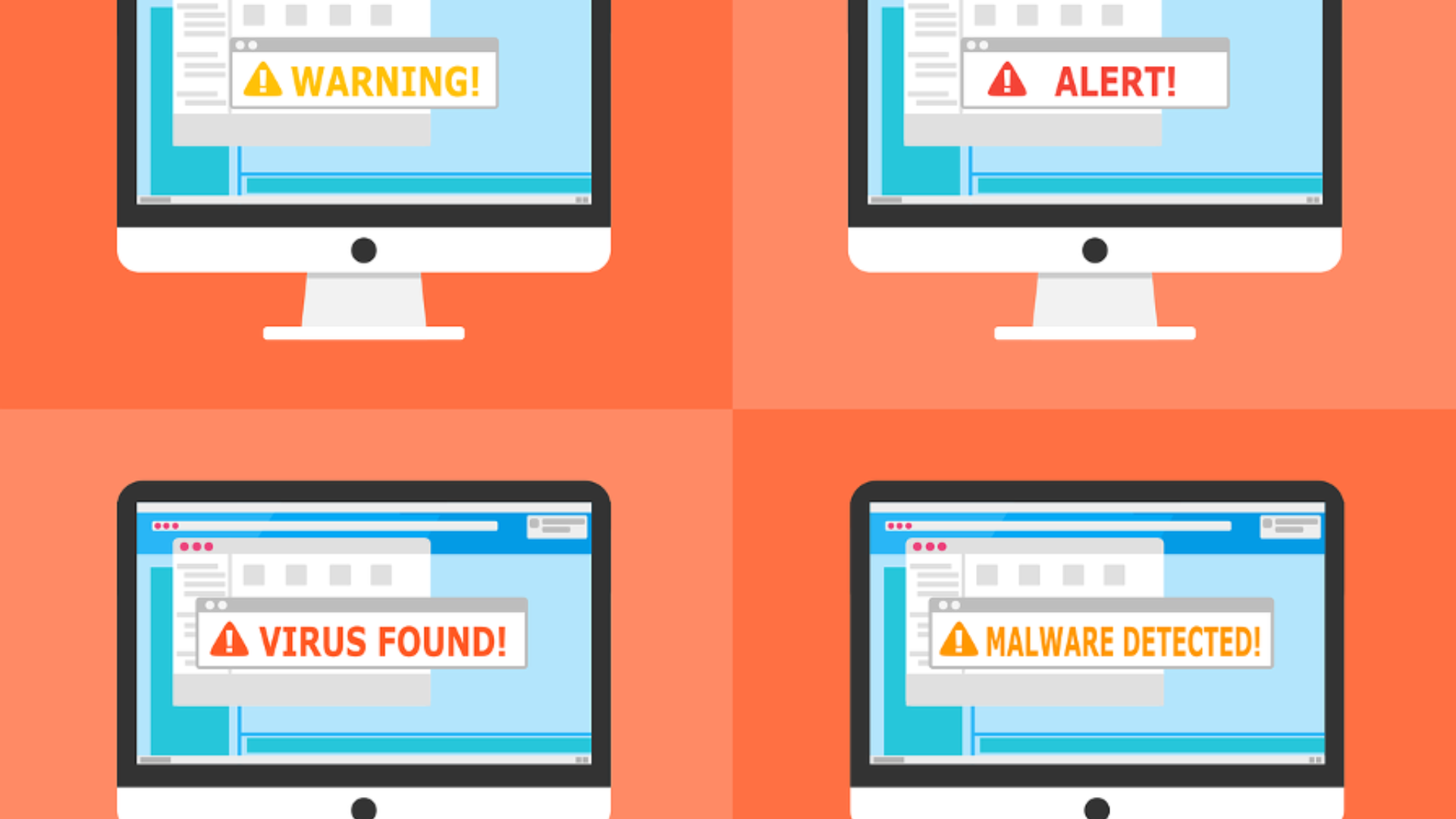Essential Settings to Maximize Your Microsoft 365 Experience
Microsoft 365 is an exceptional suite of productivity and collaboration tools. For small to mid-sized businesses (SMBs), leveraging its full...
2 min read
 Ashley Wheeler
:
Nov 25, 2024 12:33:04 PM
Ashley Wheeler
:
Nov 25, 2024 12:33:04 PM
Microsoft has issued a warning to business owners regarding a sophisticated new phishing scam that leverages popular cloud services like SharePoint and OneDrive. Cybercriminals are exploiting these trusted platforms to trick users into divulging sensitive login information, potentially compromising your organization's security.
While cloud services such as SharePoint and OneDrive are generally secure, scammers have found ways to bypass privacy settings and security measures. They gain access to these platforms by stealing login credentials—either through phishing or by purchasing them on the black market. Once inside your cloud storage, the attackers upload a malicious file that appears legitimate, such as a fake Microsoft 365 login page.
These files are often set to "view-only" or are restricted to specific users, such as you and your team members. This tactic is designed to lower suspicion and encourage the recipient to open the file or follow embedded links, which could lead to severe consequences for your organization.
Opening a phishing file or clicking on a link in a fraudulent email can expose your business to significant risks. Cybercriminals could gain access to your sensitive systems, install malware, or exfiltrate confidential data. This type of attack can lead to substantial financial losses, operational disruption, and damage to your organization's reputation.
The process of recovering from such an attack can be both expensive and time-consuming, and the long-term impact on your business’s reputation could be damaging.
To mitigate the risks of phishing attacks, it is essential that business owners and employees remain vigilant and follow best practices for cybersecurity.
Ensure that all team members are aware of the latest phishing tactics. They should be cautious when opening emails, even if they appear to come from a trusted source. Employees should be trained to recognize red flags such as unusual sender email addresses or suspicious links.
Before accessing any shared files, take the time to verify the sender's identity. If something feels off or if the email seems out of the ordinary, contact the sender directly using a trusted communication method to confirm its legitimacy.
To add an extra layer of security, enable multi-factor authentication (MFA) across all company devices. MFA requires users to provide two or more forms of identification—such as a password and a one-time code sent to their phone—before granting access to sensitive information. This significantly reduces the chances of unauthorized access, even if login credentials are compromised.
Ensure that your security software is up to date to protect your organization against the latest threats. Regular updates will help ensure that your system is equipped to detect and block new forms of cyberattacks, including phishing schemes and malware.
If you need assistance protecting your business from phishing attacks, we offer a range of services including security consultations, employee training, and ongoing monitoring. Get in touch with us to learn how we can help safeguard your organization against cyber threats.

Microsoft 365 is an exceptional suite of productivity and collaboration tools. For small to mid-sized businesses (SMBs), leveraging its full...

Microsoft’s at it again, presenting us with new features week after week. This time it’s all about making our online searches smarter and more...

October is here, and while most of us are gearing up for pumpkin spice lattes, haunted houses, and a month-long binge of horror movies, it’s also the...